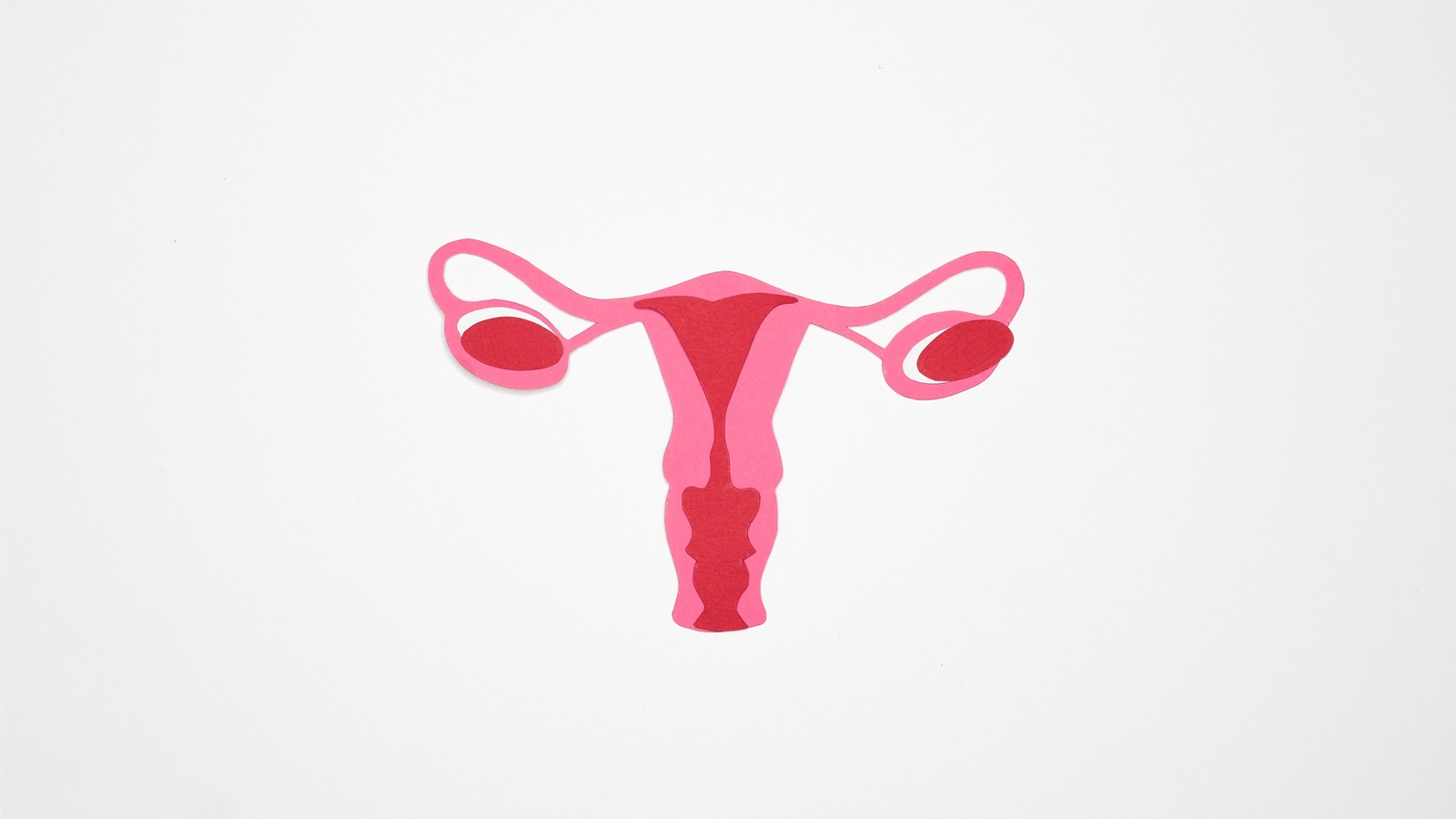
A Little Change for The Diapers, A Big Change for The World | Eco Boom Baby Bamboo Diapers and Wipes Manufacturer
A Little Change for The Diapers, A Big Change for The World | Eco Boom Baby Bamboo Diapers and Wipes Manufacturer

Endometriosis affects roughly 10% (190 million) of reproductive age women and girls globally.
Key facts
①Endometriosis affects roughly 10% (190 million) of reproductive age women and girls globally.
②It is a chronic disease associated with severe, life-impacting pain during periods, sexual intercourse, bowel movements and/or urination, chronic pelvic pain, abdominal bloating, nausea, fatigue, and sometimes depression, anxiety, and infertility.
③There is currently no known cure for endometriosis and treatment is usually aimed at controlling symptoms.
④Access to early diagnosis and effective treatment of endometriosis is important, but is limited in many settings, including in low- and middle-income countries.
Overview
Endometriosis is a disease in which tissue similar to the lining of the uterus grows outside the uterus. It can cause severe pain in the pelvis and make it harder to get pregnant.
Endometriosis can start at a person’s first menstrual period and last until menopause.
Endometriosis will lead to inflammation and scar tissue forming in the pelvic region and (rarely) elsewhere in the body.
The cause of endometriosis is unknown. There is no known way to prevent endometriosis. There is no cure, but its symptoms can be treated with medicines or, in some cases, surgery.
It causes a chronic inflammatory reaction that may result in the formation of scar tissue (adhesions, fibrosis) within the pelvis and other parts of the body. Several lesion types have been described:
superficial endometriosis found mainly on the pelvic peritoneum
cystic ovarian endometriosis (endometrioma) found in the ovaries
deep endometriosis found in the recto-vaginal septum, bladder, and bowel
in rare cases, endometriosis has also been found outside the pelvis
Symptoms
Endometriosis often causes severe pain in the pelvis, especially during menstrual periods. Some people also have pain during sex or when using the bathroom. Some people have trouble getting pregnant.
Some people with endometriosis don’t have any symptoms. For those who do, a common symptom is pain in the lower part of the belly (pelvis). Pain may be most noticeable: during a period, during or after sex, when urinating or defecating.
Some people also experience: chronic pelvic pain, heavy bleeding during periods or between periods, trouble getting pregnant, bloating or nausea, fatigue, depression or anxiety. Symptoms often improve after menopause, but not always.
Endometriosis symptoms are variable and broad, meaning that healthcare workers may not easily diagnose it. Individuals with symptoms may not be aware of the condition.
Copyright © 2019 XIAMEN MK HEALTH CARE PRODUCT CO., LTD . | All Rights Reserved
We are here to help you! If you close the chatbox, you will automatically receive a response from us via email. Please be sure to leave your contact details so that we can better assist